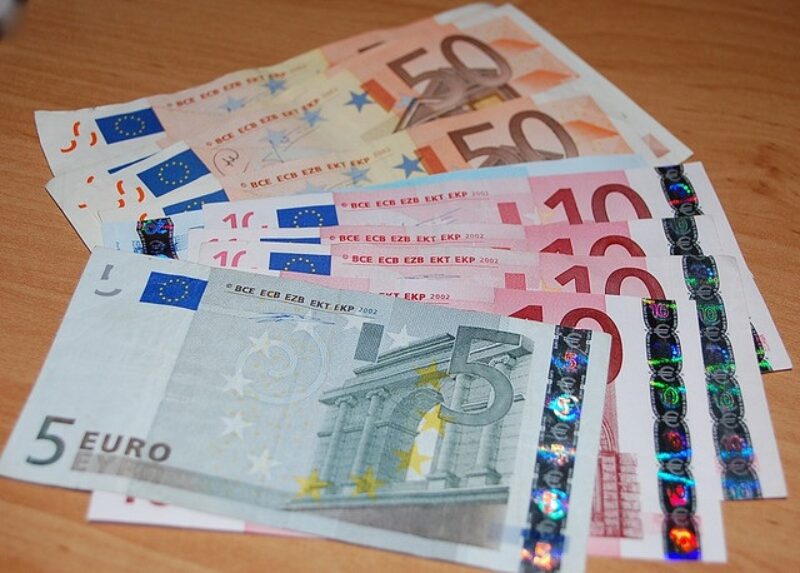12 August 2014
The tricks of the travel money trade

When you change money at a Bureau de Change, in a bank or even at the Post Office, it's almost a certainty that there will be a big sign on the counter saying "No commission". It's a statement which means almost nothing. In the world of currency exchange, just about everyone makes their money from placing a mark-up on the exchange rate. But the size of this mark-up is very rarely disclosed, meaning it's almost impossible for customers to know whether they're getting a good deal or not.
It's incredible that this racket has carried on for as long as it has. It doesn't just apply to over the counter currency exchange, it's also prevalent in the world of overseas money transfers, and more recently in the pre-paid card market. Banks and currency exchange companies regularly draw attention to their fees - or lack of - but do nothing to help the customer understand how much they're paying via the exchange rate.
One of the reasons this issue continues to go unaddressed is that it falls within the remit of the overworked and under-resourced Trading Standards (and not the hyperactive Financial Conduct Authority), who presumably feel that they have bigger fish to fry. But the level of consumer detriment here is actually relatively high - with customers being fleeced of millions of pounds a year because competition in this market does not work effectively, and transparency is appalling.
Changing the market from the inside out
Admirably, one of the newer players in the overseas money transfer market has decided to start its own campaign to bring the worst practices in this sector into the spotlight. Transferwise - a company founded by the first employee of Skype, and backed by Sir Richard Branson - has created a page on Pintrest, which collates the misleading claims made by banks and currency exchange companies.
It's astonishing to see just how many examples it has managed to pull together - 90 so far and counting. Everyone from HSBC to Hargreaves Lansdown to Western Union to Travelex is on the list - all of them failing in the transparency stakes to a greater or lesser degree.
This is prime territory for one of the consumer groups to launch a super-complaint. Super-complaints force the Competition & Markets Authority to investigate a sector - and it seems that without a push from an external body, we may never see this market get the scrutiny it deserves.
In the meantime, good luck to Transferwise. It's always heartening to see financial companies take a bold stand and show up their competitors. We don't see enough of it.

